Initiated in 2015, the project developed in the Peruvian region of San Martín, and led in the field by the Urku Centre, is the first project financed by Reforest'Action at the very heart of the Amazon forest. If the early years were focused on the development of agroforestry, this last season is defined by the natural regeneration of a great number of native species, in a continued effort to conserve the Amazon. After 8 years of operation, the impacts of the project on the local communities are significant. Here is an overview of the economic alternatives born from the regenerated forest.
A landmark project for Reforest'Action
Historically located around the city of Tarapoto, in the Cordillera Escalera Conservation Area, the project has expanded over the years to encompass three northeastern regions in Peru: San Martín, Loreto and Ucayali.
Anchored in the upper Amazon, the project area was originally covered by tropical forests and wetlands. Since the late 20th century, the expansion of agricultural programmes for the cultivation of coffee, cocoa, bananas, maize and manioc, the construction of road infrastructure and illegal logging have led to the massive deforestation of primary forests. The families of the Shawi, Awajun and Quechua ethnic groups are increasingly suffering from the disappearance of natural ecosystems: changes in the rainy season, prolonged droughts and lack of water are becoming commonplace.
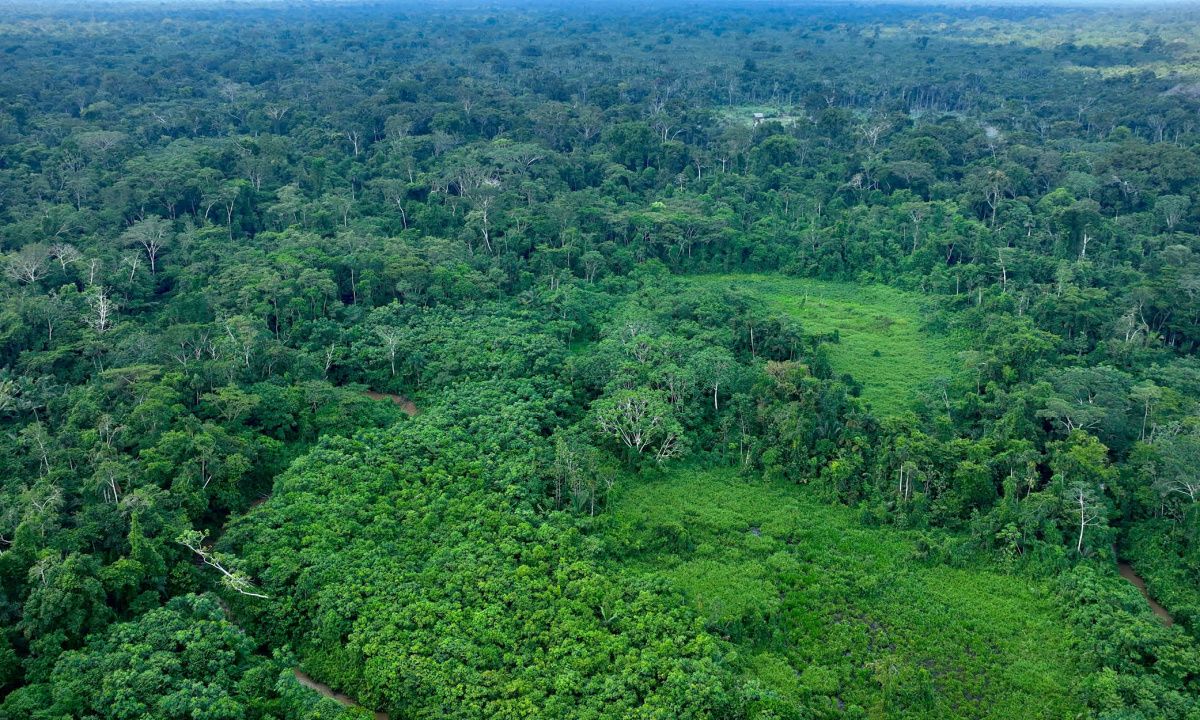
Through the establishment of agroforestry systems, the initial objective was to restore the land of small-scale indigenous producers through the establishment of native species in agroforestry. During the first years of the project, a variety of fruit species (lemon, mango, cocoa), fast-growing species (acacia) and high trees (mahogany) were planted. Years later, on some agroforestry plots, trees have become big enough to constitute a young forest, hosting biodiversity and allowing the soil to be restored.
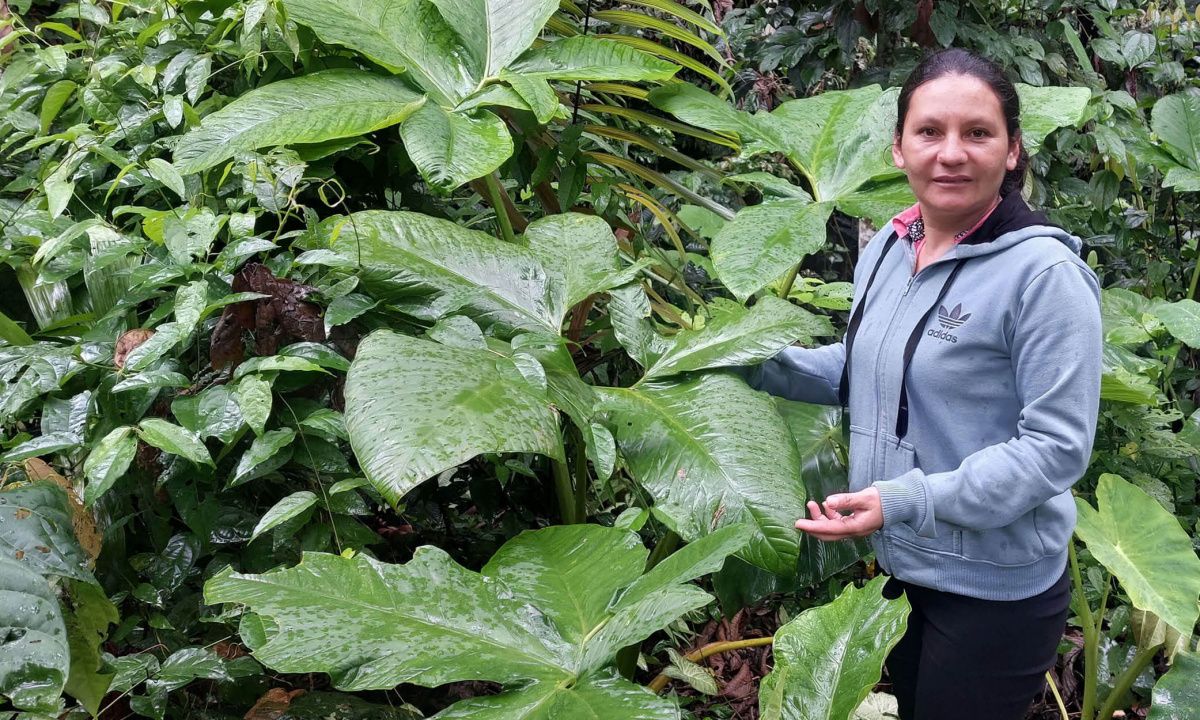
Project evolution: time for regeneration
Currently implemented within two Shawi communities, also called Chayahuita, the 2022-2023 season reflects the evolution of the project and of the work carried out with the local people.
Today, it is no longer about planting trees, but promoting the natural regeneration of the forest. Since 2022, the Urku Centre, which is the project leader on the ground, has been working hand in hand with the Shiwa people to fight deforestation and restore degraded ecosystems, without planting. With funding from Reforest'Action, our partner is developing and promoting a range of economic incentives to discourage farming families from further damaging their land through conventional practices or from cutting down the surrounding forest. By allowing nature to take over, many of the region's native trees and plants will be able to regenerate on their own.
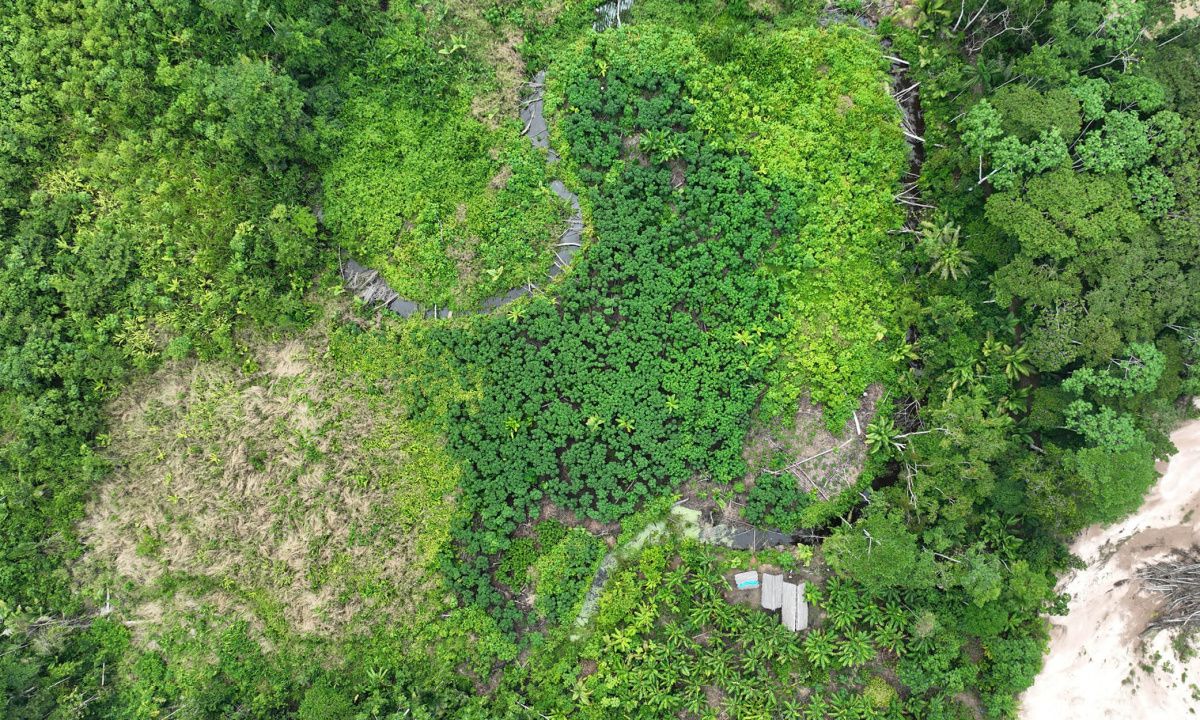
With the aim of promoting natural regeneration among the communities, farmers receive financial support in order to protect their plots. Fighting pests, controlling cattle access, preventing fires (which have become more and more frequent) and limiting their spread: a number of preventive measures must be taken to help the ecosystems to recover naturally.
In addition, the Urku Centre runs several tree nurseries where seedlings of black verbena, guava, Brazilian acai, Peruvian balsam, mahogany and other native species are currently being produced. These native species, with their nutritious fruits or precious wood, are then distributed to the families participating in the project and planted according to their needs.
Since July 2022, 65 hectares of deforested areas have been rehabilitated and 273,000 native plants have been valued through natural regeneration, for a total of 657,000 trees planted or regenerated since 2015. This season, nineteen Shawi families are involved and benefiting from the project's activities.
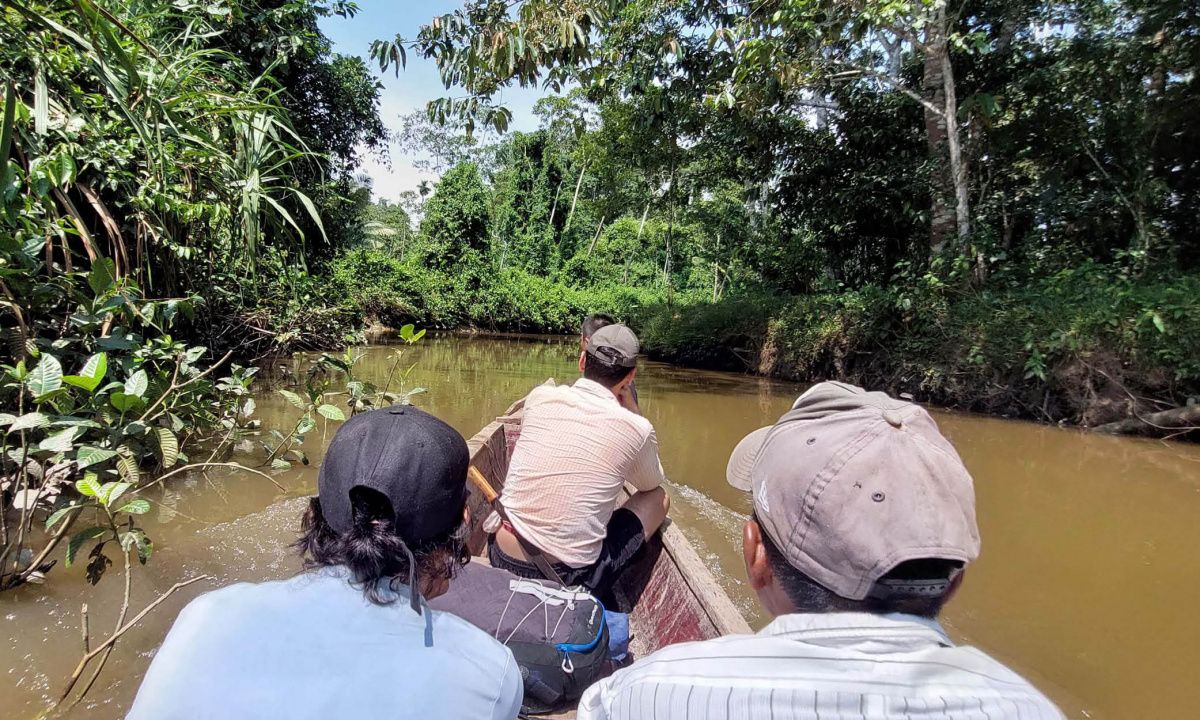
The benefits of this new method
Contributing to the conservation of the Amazon through natural regeneration has many benefits. In addition to restoring local flora and fauna in a gentle way, this supportive method raises awareness among beneficiaries regarding the need to maintain the forest cover. The aim is to convince farmers that it is possible to generate a decent income without necessarily cutting down the trees, and that regenerating their natural environment can contribute to a better quality of life.
Biodiversity conservation is one of the main purposes of the Urku Centre. The wide variety of endemic species protected as part of the project contributes to the conservation of plant biodiversity in the Amazon and to the preservation of endangered animal species. Besides, the centre's activities include the rescue, rehabilitation and reintegration of wild animals captured for illegal trade. Since 2006, more than a thousand animals belonging to 61 different species have been rescued thanks to their actions.
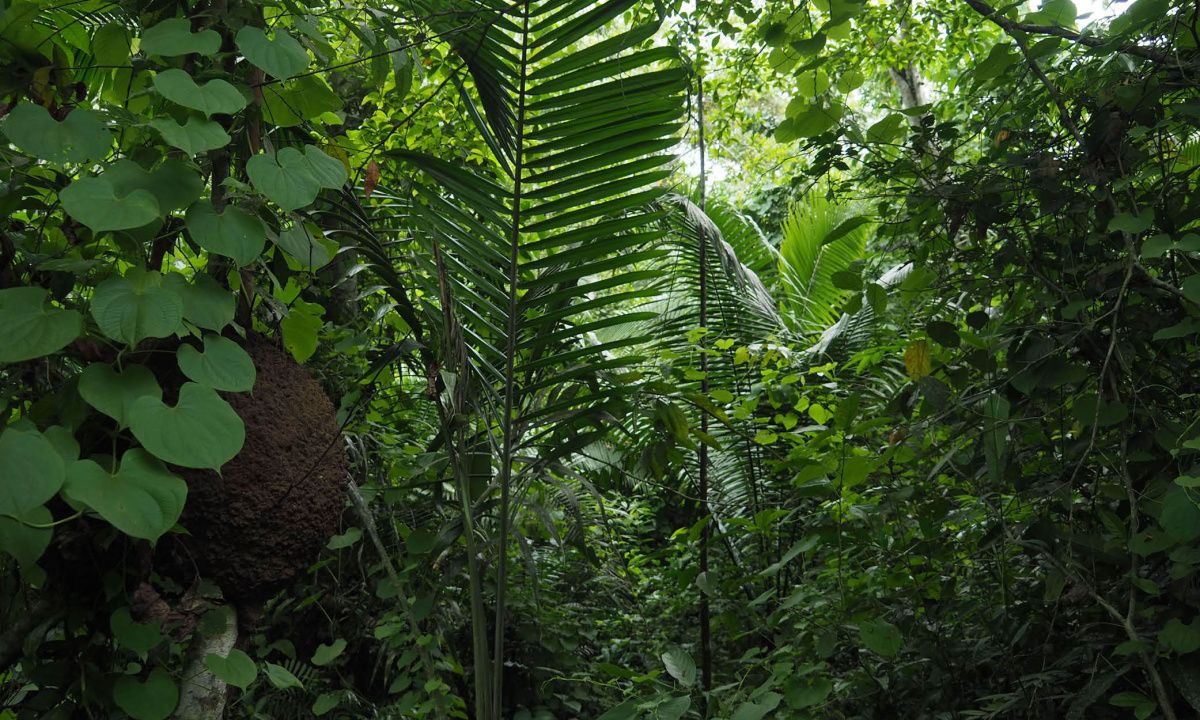
After 8 years of working with Reforest'Action, the multitude of species planted has enabled the Urku Research Centre to gather botanical and scientific knowledge on each of them. The trees maintenance and natural regeneration are thus strengthened, allowing their economic value to be recognised and fully exploited at the local level. Using the food, medicinal and melliferous species available on the plots, our partner is working alongside the local communities to revive the ancestral know-how of the Peruvian Amazon.
Socio-economic impacts of the project
Natural regeneration and economic alternatives are closely linked. Indeed, it is necessary to convince producers that the trees they are protecting have economic value. To this end, the Urku Centre encourages the population to develop a number of income-generating activities over the long term.
The beneficiaries have thus managed to diversify the local economy by capitalising on the ecosystem services provided by the now-grown trees. A variety of lucrative initiatives have emerged, such as beekeeping, the sale of lemons from agroforestry, the manufacture of cosmetics based on essential oils, the production of chocolate and cocoa distillate, medicinal tourism and shamanism based on sacred plants.
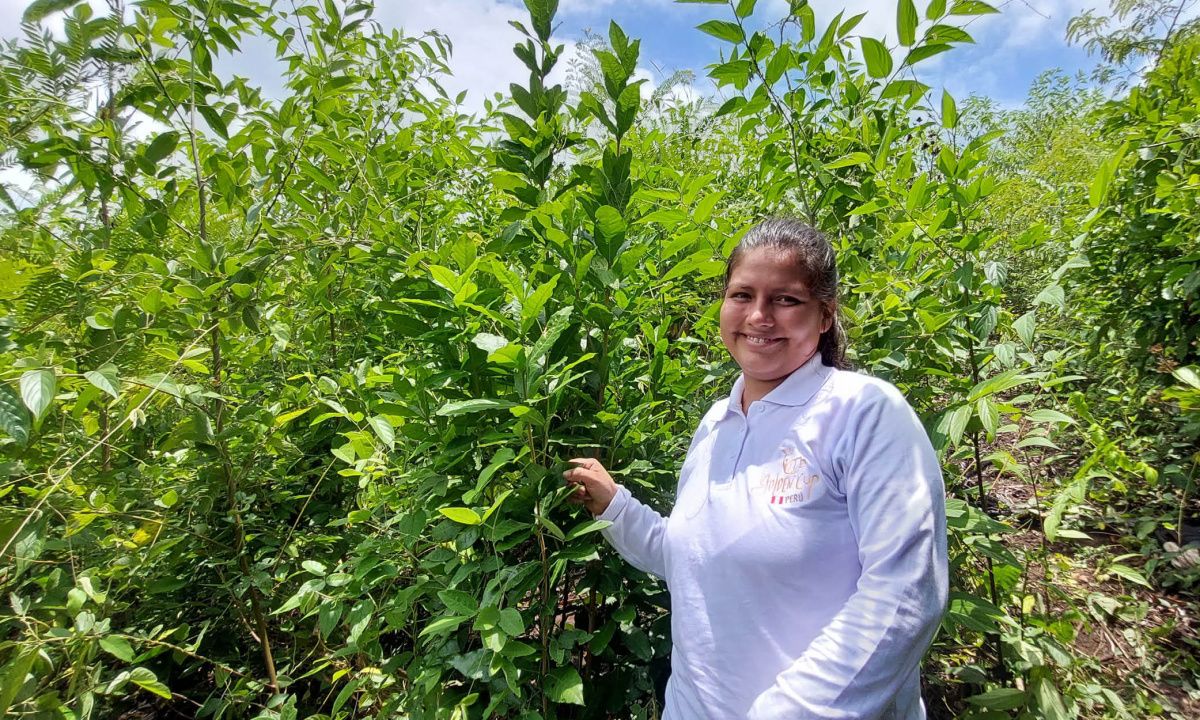
In light of the results obtained, the families involved seem satisfied and highly motivated. During the project audit, they testified that they had succeeded in developing an alternative to deforestation while increasing their livelihood, but also in improving their diet thanks to the fruits produced by the trees planted in agroforestry in previous years. Out of 25 beneficiaries surveyed, all have created an economic activity linked to the project and 24 confirm that the project has brought direct economic benefits to them and their families.
Beekeeping as an economic pillar
From 2021 onwards, the Urku Centre has implemented a value chain based on a key activity: beekeeping. Bee farming is based on the natural regeneration of deforested land, by enabling the growth of numerous plant species, attracting pollinators. Today, 90% of the families participating in the project have developed a beekeeping activity, and a cooperative made up of 20 newly trained beekeepers has been created. Named "Mushuk runa", this organisation receives technical support from our partner and has even been granted a subsidy by the Peruvian government to purchase new equipment.
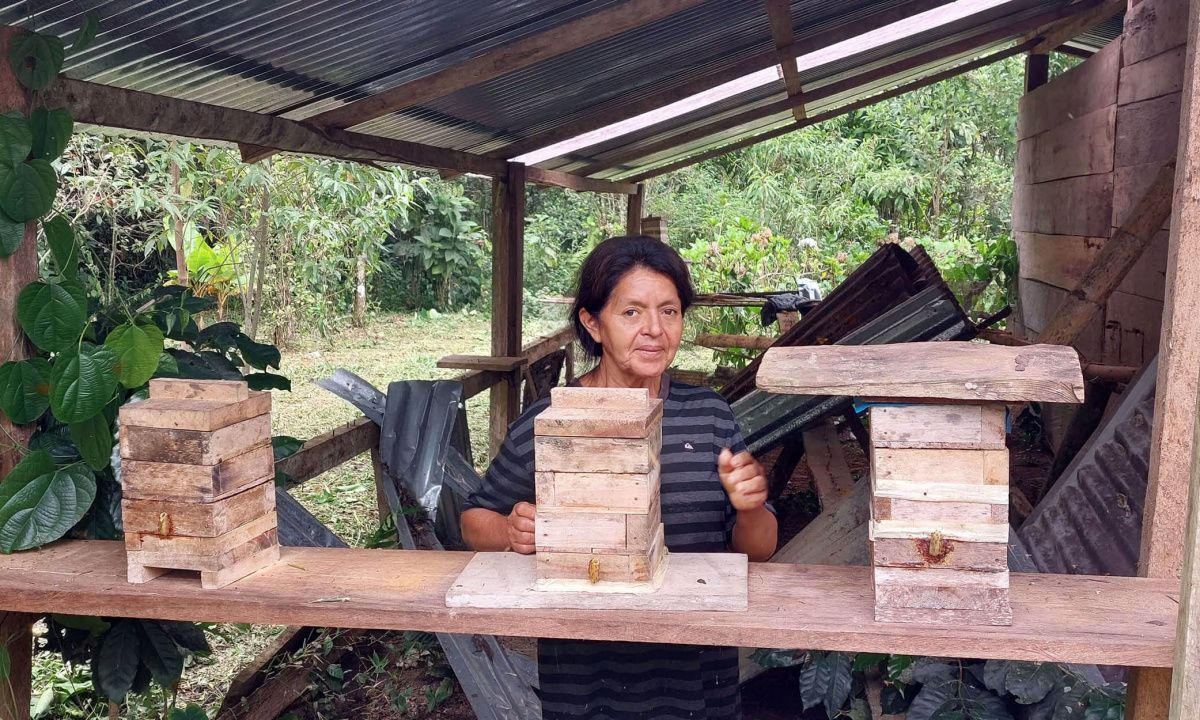
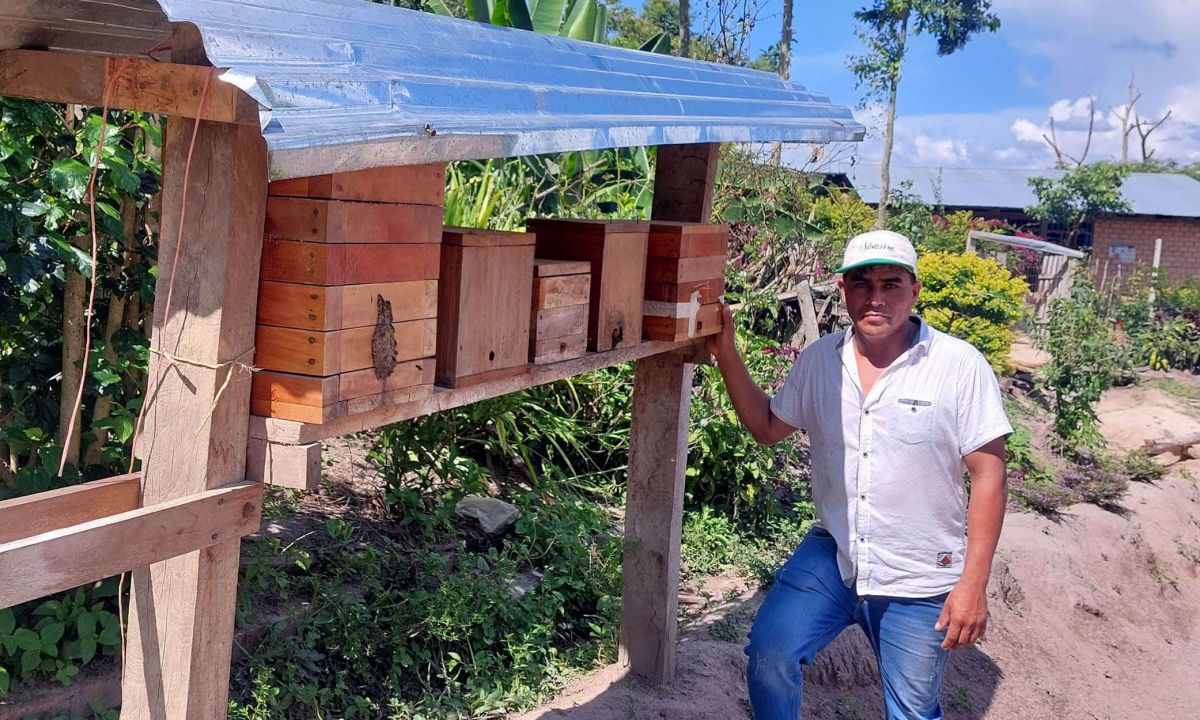
Some of the beneficiaries went a step further by using the income from beekeeping to build public facilities on their plots. Based on the eco-tourism model, they provide various attractions, all relying on the natural regeneration of the Amazonian rainforest: educational workshops, craft sales, spiritual ceremonies, and more.